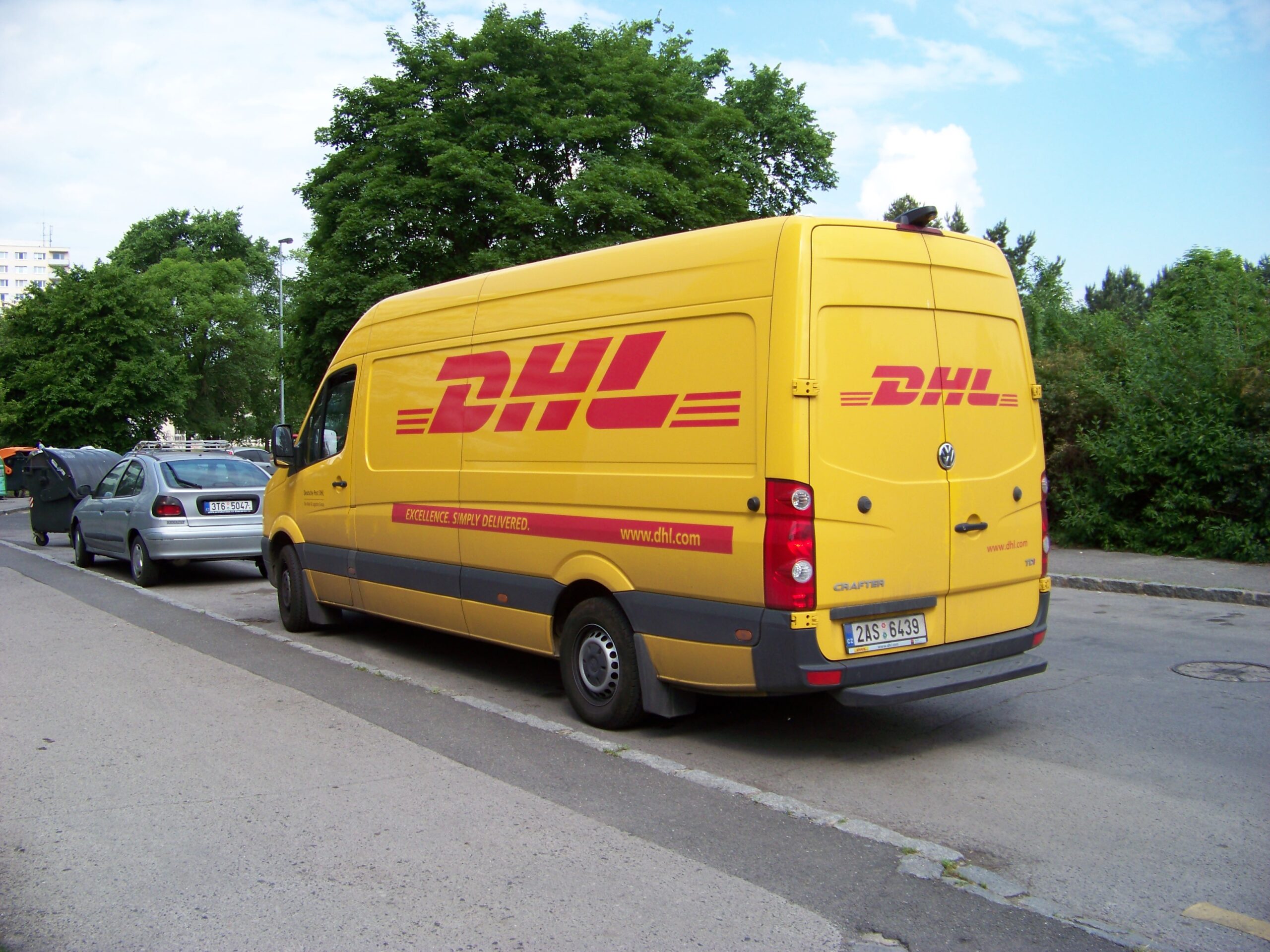
DHL Express Canada is set to suspend operations across the country this week amid an ongoing strike and lockout involving 2,100 truck drivers and other workers. The company announced it will halt thousands of daily deliveries starting Friday, coinciding with the enforcement of federal legislation banning replacement workers during industrial action.
Inbound packages from abroad will no longer be received after Tuesday at 9 p.m., according to a company email. DHL spokeswoman Pamela Duque Rai cited stalled negotiations with Unifor, the union representing the workers, and the introduction of Bill C-58, which prohibits the use of replacement workers during strikes.
Background and Company Response
Earlier this month, DHL implemented a contingency plan aimed at maintaining service for its 50,000 customers, including major retailers like Lululemon and e-commerce platforms such as Shein and Temu. At the time, the company expected minimal disruption.
Unifor, however, warned against attempts to replace unionized workers with temporary staff, emphasizing that such moves would undermine contract negotiations. The union’s bargaining committee met with DHL Express Canada CEO Geoff Walsh last week, during which he reiterated the possibility of a shutdown.
The DHL work stoppage adds to mounting labor unrest in the parcel delivery sector. Canada Post remains embroiled in negotiations with its 55,000 workers, who recently implemented an overtime ban.
Globally, the parcel market faces pressures from declining mail volumes, contributing to strained labor relations. DHL itself announced plans to cut 8,000 jobs in Germany this year, marking significant layoffs in its home market.
Dispute Over Compensation and Working Conditions
DHL has criticized Unifor’s demands, labeling them as unrealistic amid current economic conditions. The union has called out the company for seeking concessions since negotiations began nearly a year ago, including attempts to alter pay structures for owner-operators—independent contractors who are also union members.
Unifor’s president Lana Payne accused DHL of creating divisions among workers by targeting different classifications and regions during bargaining.
A coalition of employers expressed concerns that legislation banning replacement workers in federally regulated workplaces may lead to increased frequency and duration of work stoppages, potentially disrupting supply chains and the economy.
Conversely, labor groups have condemned government interventions in recent disputes involving railworkers, dockworkers, and airline mechanics. Unifor maintains that its priorities include fair wages, improved working conditions, and safeguards against workplace surveillance and automation.
Author’s Opinion
The situation with DHL highlights the complex balancing act between protecting workers’ rights and maintaining essential supply chain operations. While unions have valid concerns about fair compensation and job security, prolonged disruptions risk broader economic consequences. Effective dialogue and compromise are essential to ensure both labor dignity and uninterrupted service for consumers.
Featured image credit: Wikimedia Commons
For more stories like it, click the +Follow button at the top of this page to follow us.
